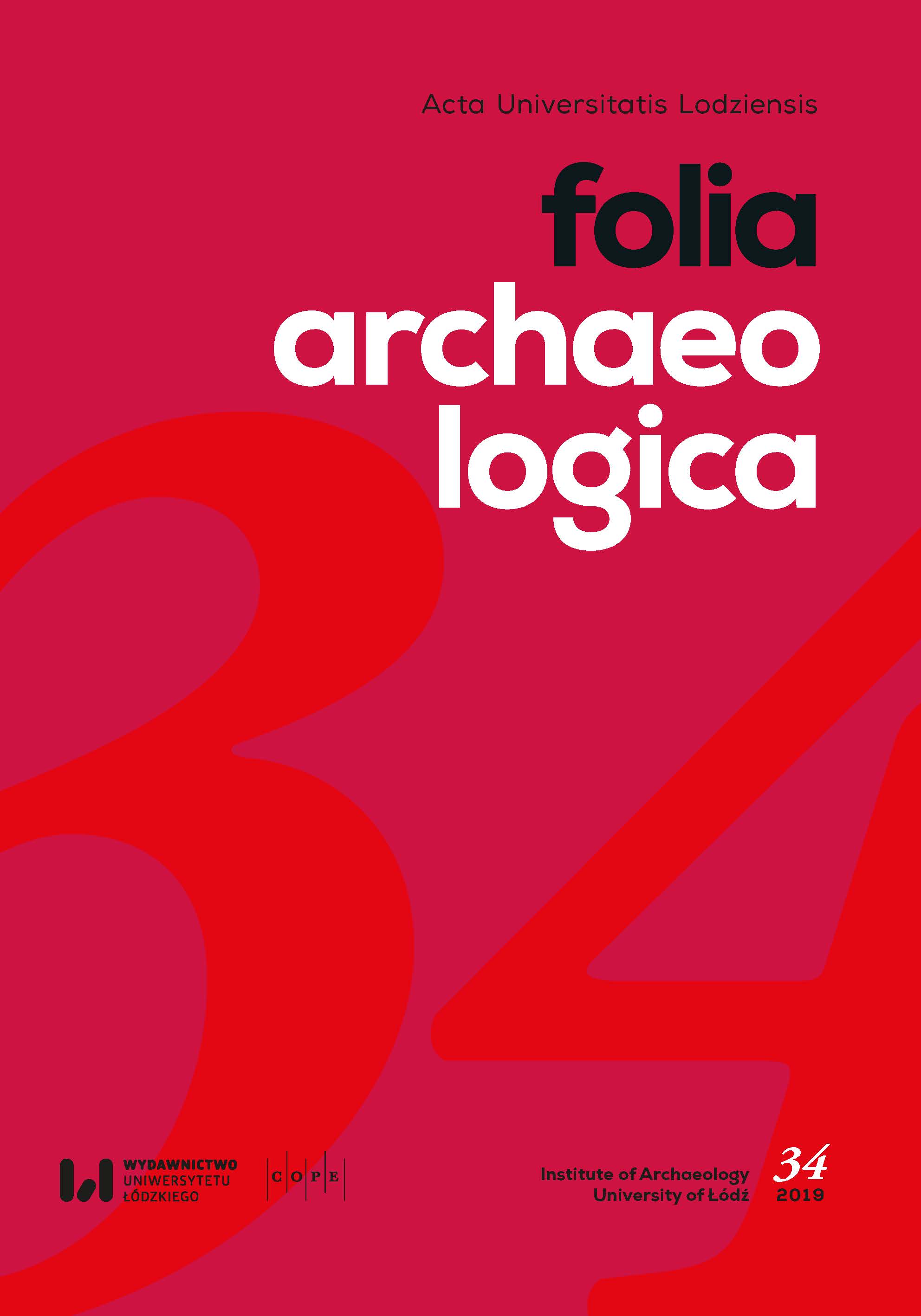Dissonant Heritage as a By-Product of the Postwar Agrarian Reform in Poland. From Postmemory to Ethnoarchaeology
Dissonant Heritage as a By-Product of the Postwar Agrarian Reform in Poland. From Postmemory to Ethnoarchaeology
Author(s): Sebastian LatochaSubject(s): Archaeology, Ethnohistory
Published by: Wydawnictwo Uniwersytetu Łódzkiego
Keywords: postmemory; dissonant heritage; cultural anthropology; ethnoarchaeology; autoethnography; agrarian reform after the Second World War in Poland; German settlers; Polish peasants
Summary/Abstract: The subject of the paper is dissonant heritage exemplified by former German villages in Central Poland. The agrarian reform (1944) transformed the local social and cultural landscape by removing its German inhabitants. Today, former German farmsteads are occupied by families of the reform beneficiaries – Polish peasants. The paper is personal as it is based on the postmemory of the author, who used archival sources (including vital records and peasants’ letters of application for the post-German land) and information from his grandmother, who remembers her German neighbours, in an attempt to ‘revive’ the multi-cultural past and those who used to be a part of this landscape. The author outlines the concept of ethnoarchaeological research into the dissonant heritage being a by-product of the agrarian reform (1944) in Poland.
Journal: Acta Universitatis Lodziensis. Folia Archaeologica
- Issue Year: 2019
- Issue No: 34
- Page Range: 107-127
- Page Count: 21
- Language: English

